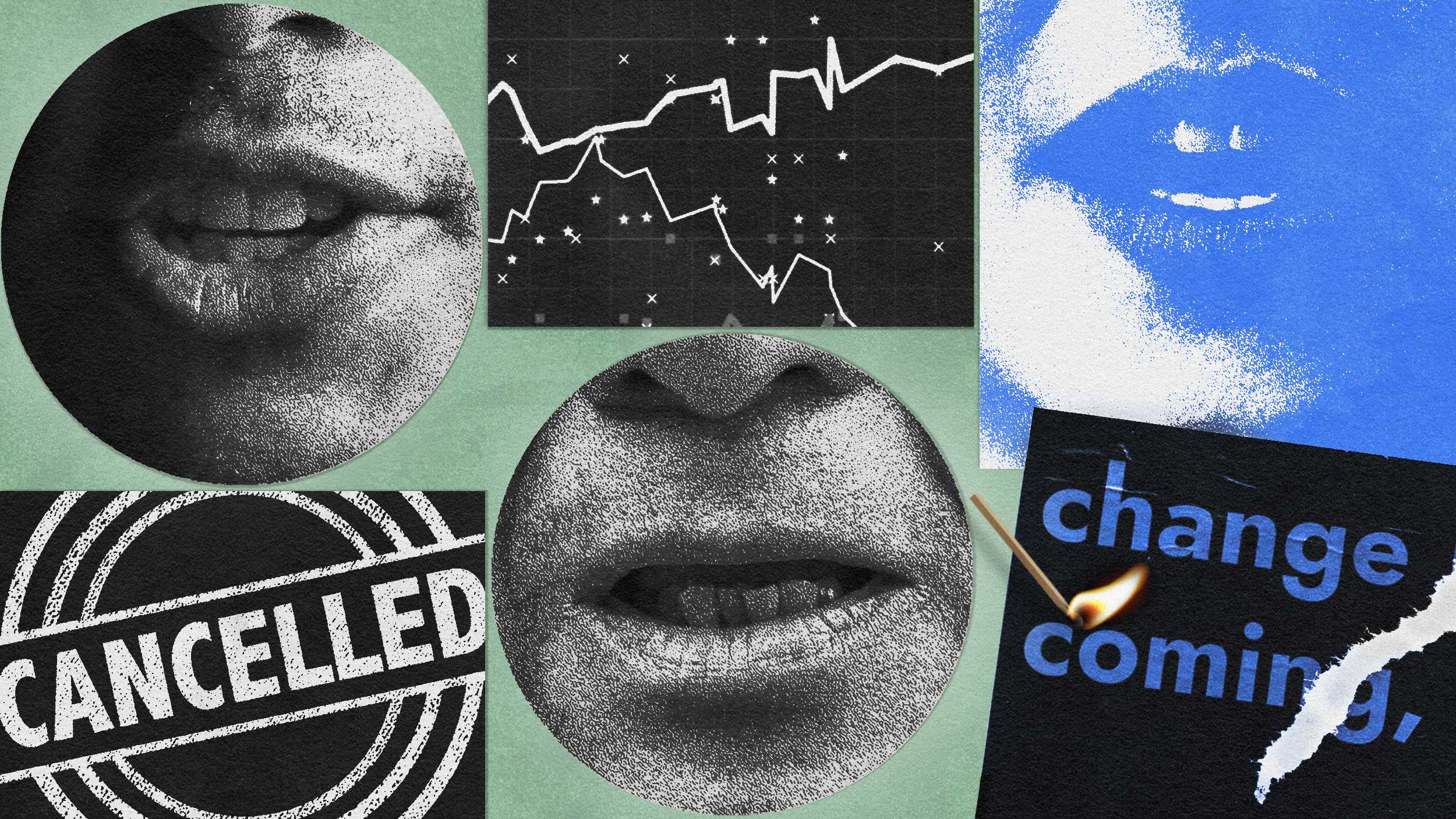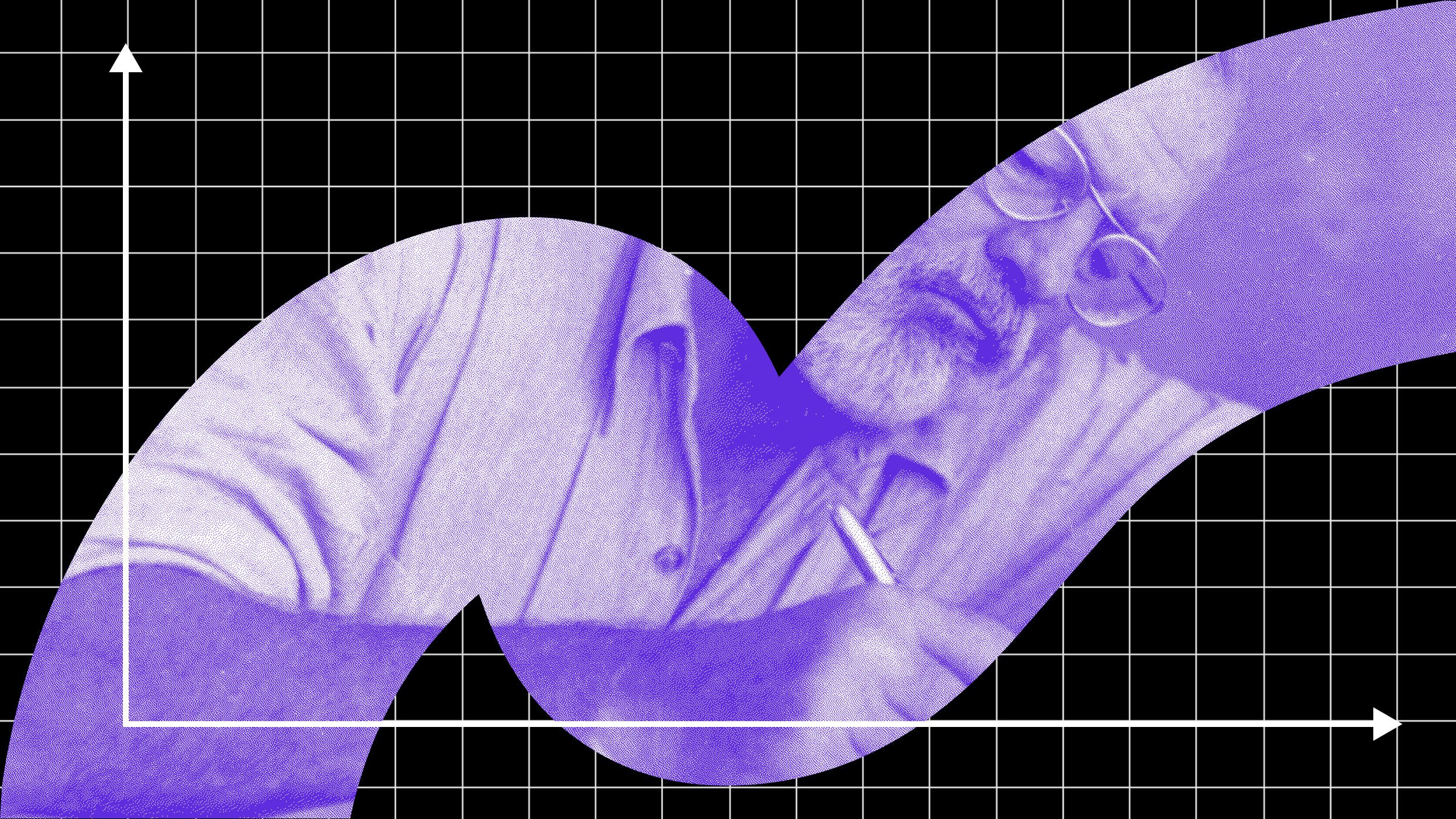David L. Katz counsels overweight and obese people to be healthy by discussing “medical absolution”–you are partly responsible for your excess weight, but not to blame.
Question: How do you motivate people to be healthy?
David Katz: The other thing many people require to avoid a feeling of futility and helplessness is what I refer to as medical absolution.
Somebody whose credentials they believe in telling them, “You are indeed partly responsible for your health and your future, but you are not to blame for the problems you’re having. You’re not to blame if you’re overweight. You’re not to blame that we have epidemic obesity. It’s not your fault.” And I find that with my patients, one of the critical elements in weight loss is setting down that weighty burden of failure and shame. People who struggle with their weight their entire life beat up on themselves. They feel like it’s their fault and honestly, it isn’t.
Tthat doesn’t mean that what they do with their feet and their forks is irrelevant. It’s absolutely relevant, but let’s face it, we have epidemic obesity. Nearly 80% of adults in the United States are currently overweight or obese and a recent publication suggests that should current trends persist by 2048, every adult in the United States will be overweight. Now, do we really believe that every adult in the United States in this generation has less willpower or self-control or is lazier than the previous generation? And do we believe that of our kids as well because they’re looking at similar trends? Are we actually producing kids with less willpower than the kids in previous generations? I don’t buy it and we don’t have a shred of scientific evidence to support it. What has changed is the world around us.
Human physiology and human psychology are pretty much the same as they ever were. The world around us, same as it never was before. Fast food, and crazy schedules, and no time for physical activity, and labor saving technology, and video games, and texting, and all the things that have changed the very nature of the way we get ourselves through our days. And perhaps the lives of kids have changed even more than those of their parents.
Well, you need to tell people it’s not your fault. The metaphor I routinely use for this is polar bears in the Sahara desert. And I point out that polar bears are marvels of survival but they’re adapted to the cold. They can’t do well just any old place. You take creatures adapted to the cold and put them in the heat, the very traits that allow them to survive in one environment will conspire against them in the other.
There is a unique homo sapien arrogance that allows us to talk about the world carved up into natural and manmade as if somehow we’re outside the box. We are not outside the box. We are creatures. We have a link with a native habitat just like every other species. Throughout most of human history, physical activity was unavoidable, calories were scarce and hard to get. In the modern era, calories are unavoidable, physical activity is scare and hard to get. The traits that allowed our ancestors to survive, and let’s face it, the survival of our ancestors is the reason that we’re here because the people who don’t survive and make very crummy ancestors, are our traits. But they’re very much at odds with the modern environment.
So I tell my patients and anybody that wants to listen why you should approach this challenge refreshed, knowing it’s not your fault. We are polar bears in the Sahara with one important distinction: we are smarter than the average bear. Once we identify the nature of the problem, we can think our way out of it. That’s exactly what we have to do. But it begins by acknowledging you didn’t fail because you couldn’t succeed. Because you didn’t even know what the scope of the problem was. It’s not your fault.
I think by distinguishing fault from responsibility, we invite people to take control. So first is: change is possible. Second is basically medical absolution or forgiveness. It’s not your fault. Fault and responsibility are not the same thing. And then the third is to highlight to people, the capacity to own their own medical destiny.
And you have to be realistic about this because, you know, frankly, we don’t control everything. There are genetic influences. There are environmental exposures we don’t control. I cannot guarantee anyone I counsel that by following what I hope is the good advice I offer them, they will live long and prosper. That’s what I’m hoping for but I can’t guarantee that. What I can tell them is this: “Look, I can help you firmly grip the wheel, and you can steer the ship. You’re never going to control the winds and you’re never going to control the seas. But if you sail well you can get through just about anything.”
Recorded on: July 06, 2009





